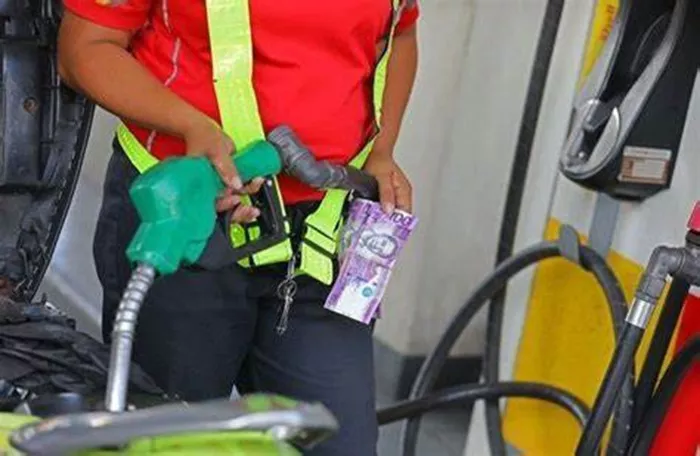Nigerians, grappling with the fallout from a recent fuel price hike by the Nigerian National Petroleum Company (NNPC) Limited, are beginning to see signs of relief. A gradual reduction in petrol prices is being attributed to a combination of deregulation and increased market competition, according to the Independent Petroleum Marketers Association of Nigeria (IPMAN).
The ongoing deregulation of Nigeria’s downstream oil sector has led to heightened competition among oil marketers, contributing to the decreasing cost of petrol. This shift comes amid a significant increase in petrol imports, with over 2 billion litres of Premium Motor Spirit (PMS) being brought into the country within just 42 days.
IPMAN’s National Publicity Secretary, Chinedu Ukadike, highlighted the crucial role of a recent partnership between IPMAN and Dangote Petroleum Refinery in driving down petrol prices. Under the agreement, Dangote Refinery will supply 60 million litres of petrol weekly, or 240 million litres per month, depending on demand.
The $20 billion refinery, located in Lekki, is also raising funds to boost crude oil imports and expand its production capacity. Marketers point to the intensified competition created by deregulation as a key factor in the ongoing price reductions at the pump.
Despite this progress, organized labour remains critical of recent government policies. At the National Delegates Conference of the National Union of Shop and Distributive Employees (NUSDE) in Ibadan, NUSDE President Aminu Megbontowon urged President Bola Ahmed Tinubu to reconsider key policies, including the floating of the naira, the increase in electricity tariffs, and the recent fuel price hikes.
Megbontowon voiced concerns over the escalating costs of living, with petrol prices now exceeding N1,000 per litre and electricity tariffs climbing from N68 to N227. He argued that these rising costs are untenable in an oil-rich nation like Nigeria, where the majority of citizens are facing diminished purchasing power.
The growing discontent among the populace is a clear sign of the mounting economic pressures Nigerians are experiencing, prompting calls for a re-evaluation of the current economic policies.
Related topic:
WTI Crude Oil Tests Key Levels Amid Supply Concerns

